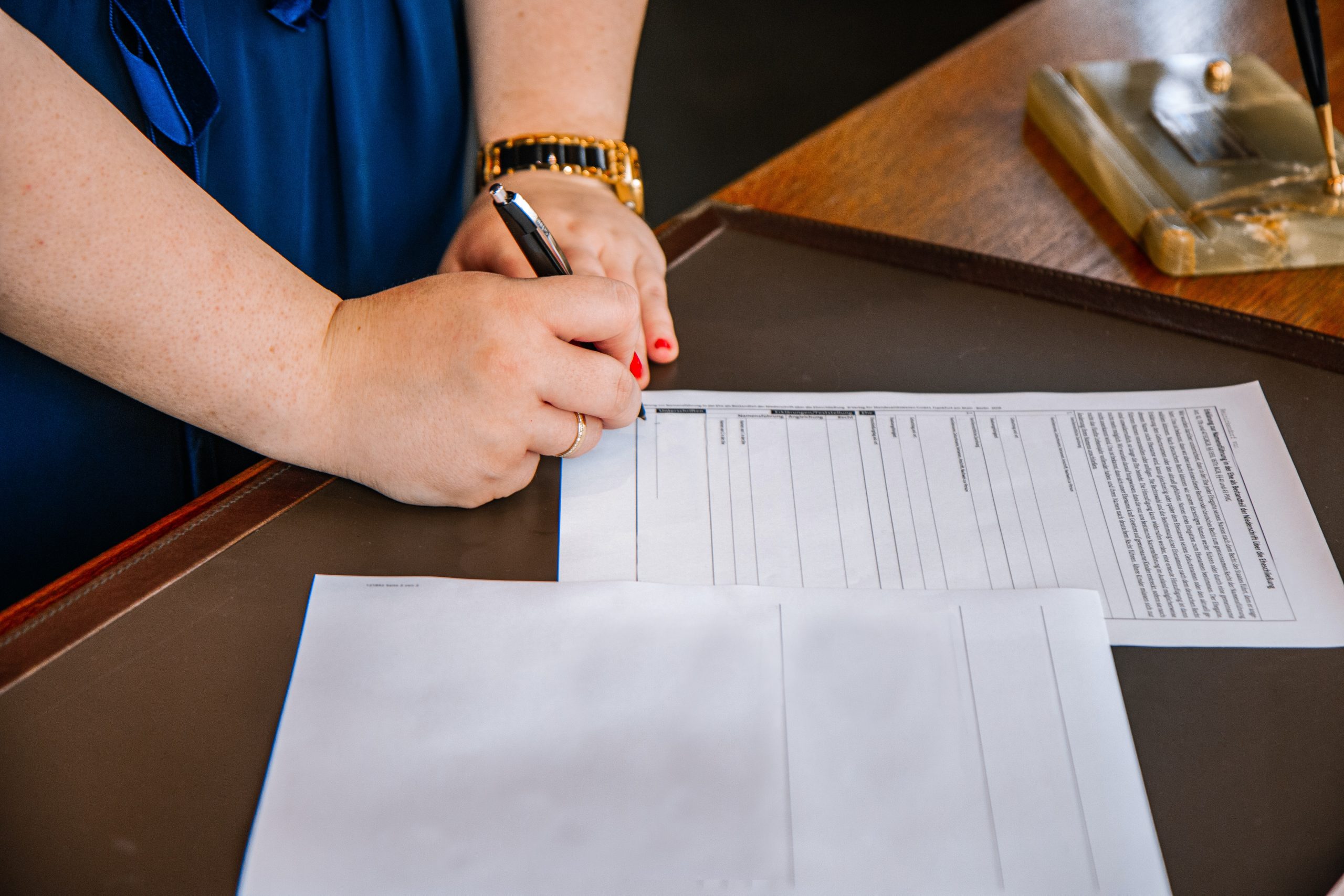It is just as important to store your Will safely as it is to make it. If a Will is lost then your estate could pass in accordance with the Rules of Intestacy, which means your loved ones could miss out on their inheritance.
When someone dies, their personal representative has the task of winding up their affairs and distributing the estate to their beneficiaries.
If their Will is missing or no-one knows where it has been stored, then it can make the representative’s job more difficult. A previous Will might end up being used instead, or the estate administered as if no Will exists.
The Rules of Intestacy (the Rules)
The Rules apply to estates where no Will has been left and leave money to the deceased’s next of kin in strict order of preference, prioritising any spouse that may exist. This may mean for example that the deceased’s children receive substantially less than was intended. Under the Rules, cohabitees and step-children do not inherit anything.
What you can do with your Will once you have signed it
Once your Will has been properly signed, dated, and witnessed, you have a number of options for storage.

Store it yourself
You could simply keep it at home, but generally, this is the least secure option. It can easily become lost, damaged, or destroyed.
Register it with the Probate Service
The government has a Wills storage service. For a small fee, you can store your Will with HM Courts & Tribunals Service.
Store it with Legacy Secure
When Legacy Matters prepares your Will (or even if we don’t), we can offer you safe and secure documents stoarage via our Legacy Secure option. For a small monthly fee, you can put all your important documents (including your Will and the deeds to your home) in a professional storage locations – safe from fire, floor, loss or damage – and easy to retrieve should you need them.
Registering your Will
You can also choose to register your Will and details of its location with Certainty, the National Will Register, the Law Society’s endorsed choice of Wills register. If a Will is missing after death, the executor will usually make searches of registers such as this to try and locate it.
A Will should not be stored in a bank safety deposit box, because this cannot be opened until probate has been granted, for which the original Will is necessary.
By using your own solicitor to store your Will, keeping the receipt with your papers, and registering it, your executors should be able to locate it without difficulty when the time comes.
Want to learn more how to keep your will safe?
Book a free call with one of our experts to see how we can help you set up your Legacy Secure.
From our Cambridge office, in your own home or online, we’re ready to help you in the way that is best for you.


0 Comments